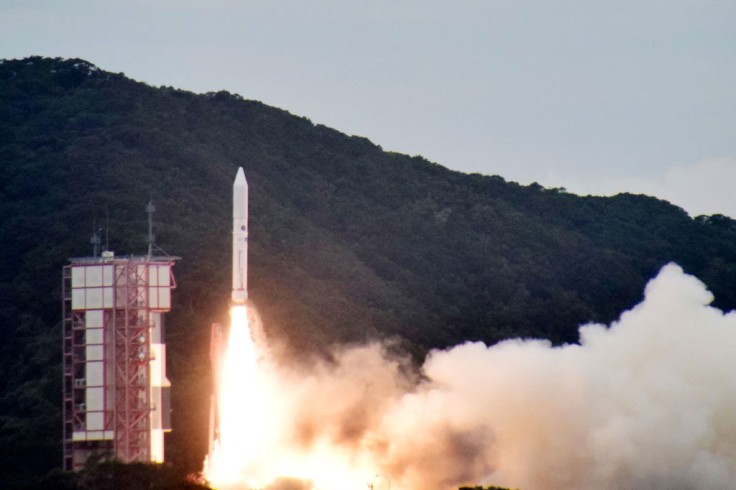Japan Aerospace Exploration Agency's (JAXA's) first orbital rocket launch ends in disaster.
The Japanese space agency announced that it had to broadcast the command destruction signal to its Epsilon No. 6 rocket due to an unidentified abnormality during the launch.
The failure of the Epsilon rocket to reach space ended the rocket's success records since the original version's launch in 2013, per Nikkei Asia.
JAXA Epsilon Launch Failure Details

JAXA mentioned in its announcement that its Epsilon No. 6 rocket was launched at 9:50 AM JST on Oct. 12 to carry out its Innovative Satellite Technology Demonstration 3.
The Demonstration is a program designed to offer commercial and institutional entities who wish to exhibit new important space parts or key technologies using their own microsatellites access to space, per the program's page.
Although the two initial stages of the launch were a success, an unidentified abnormality occurred during the third, causing the rocket to significantly deviate from the target attitude during the time of judging whether the second and third stages could be separated.
As a result, JAXA's mission controllers activated Epsilon's flight termination system by broadcasting the command destruction signal to the rocket at 11 AM JST, destroying it and the five cubesats it had as payload, per Space.com.
The rocket also has two experimental thrusters, a satellite-deorbiting "drag sail," a deployable power-generating membrane structure that can double as an antenna, telecom tech, a high-speed software receiver, and a commercial GPU, per EverydayAstronaut.com.
The Japanese space agency has begun investigating what caused the problem through its countermeasures headquarters headed by Chairman Hiroshi Yamakawa.
Yamakawa, who is also JAXA's president, gave a public apology for the launch's failure, saying that the agency was "terribly sorry" for being unable to meet the Japanese people's expectations, per Phys.org.
The rocket's failure is also compounded by the fact that the Oct. 12 launch was supposed to be the rocket's first commercial satellite launch. As such, the launch was watched by companies looking to use the rocket to go into the small satellite launch business.
The Epsilon rocket's failure marks the end of the rocket's success since its original version was launched in 2013. It is also the first rocket that failed during launch since its H2A rocket failed in 2003.
JAXA Epsilon Satellite Details
JAXA's Epsilon rocket is a 26 m-long 95.6-ton rocket propelled by solid fuel. Its original version was first launched in 2013 and has successfully done so three more times since it was enhanced, per JAXA's page for the rocket.
This enhanced design is to be an improved "final entry" into JAXA's Epsilon rocket series, per Kyodo News.
The rocket uses solid fuel instead of liquid due to the advantages it offers, such as simpler construction, shorter development times, and shorter launch intervals.
Although JAXA's Epsilon rockets are expensive to launch, with each launch costing $38 million, they are meant to be reliable despite the fact.
Related Article : Japan Looks To Boost Space Program — But Needs US Help To Do So









